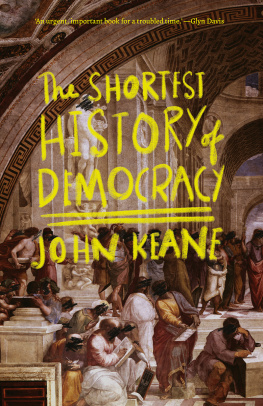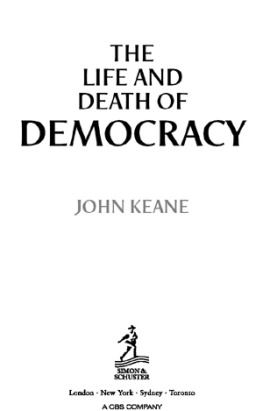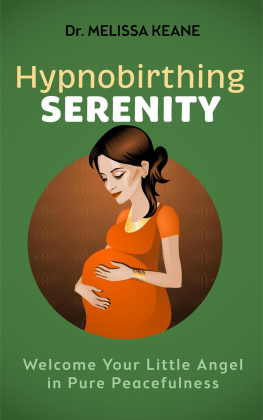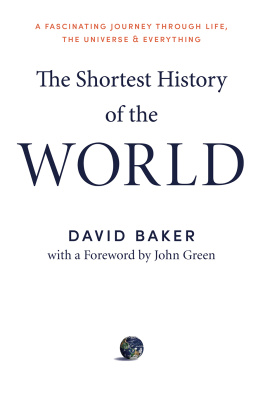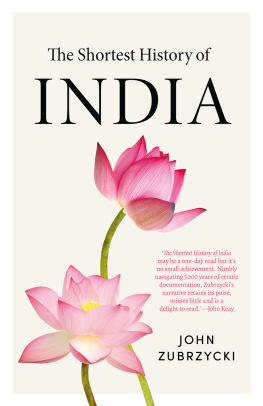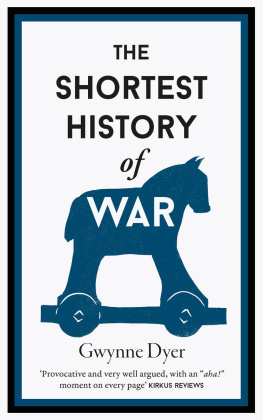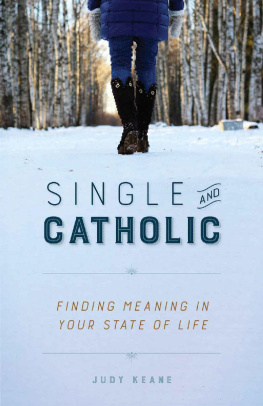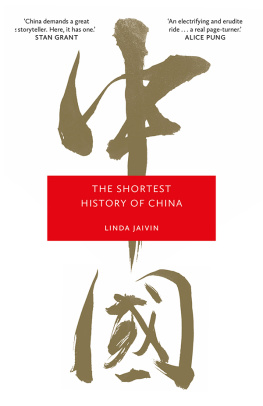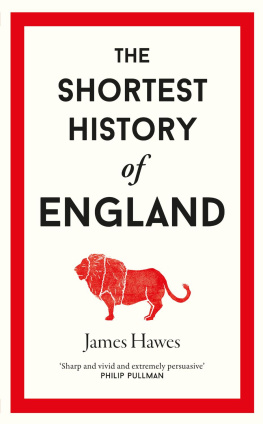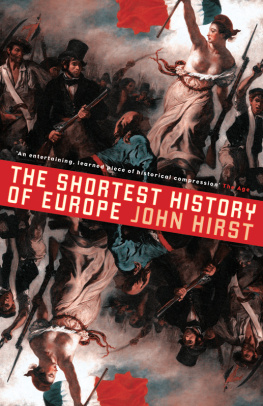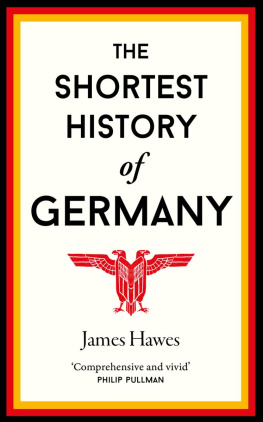John Keane - The Shortest History of Democracy
Here you can read online John Keane - The Shortest History of Democracy full text of the book (entire story) in english for free. Download pdf and epub, get meaning, cover and reviews about this ebook. year: 2022, publisher: Schwartz, genre: Politics. Description of the work, (preface) as well as reviews are available. Best literature library LitArk.com created for fans of good reading and offers a wide selection of genres:
Romance novel
Science fiction
Adventure
Detective
Science
History
Home and family
Prose
Art
Politics
Computer
Non-fiction
Religion
Business
Children
Humor
Choose a favorite category and find really read worthwhile books. Enjoy immersion in the world of imagination, feel the emotions of the characters or learn something new for yourself, make an fascinating discovery.
- Book:The Shortest History of Democracy
- Author:
- Publisher:Schwartz
- Genre:
- Year:2022
- Rating:5 / 5
- Favourites:Add to favourites
- Your mark:
- 100
- 1
- 2
- 3
- 4
- 5
The Shortest History of Democracy: summary, description and annotation
We offer to read an annotation, description, summary or preface (depends on what the author of the book "The Shortest History of Democracy" wrote himself). If you haven't found the necessary information about the book — write in the comments, we will try to find it.
The Shortest History of Democracy — read online for free the complete book (whole text) full work
Below is the text of the book, divided by pages. System saving the place of the last page read, allows you to conveniently read the book "The Shortest History of Democracy" online for free, without having to search again every time where you left off. Put a bookmark, and you can go to the page where you finished reading at any time.
Font size:
Interval:
Bookmark:
Praise for The Shortest History of Democracy
For a brief shining moment, democracy seemed ascendent. Yet as distinguished political theorist John Keane demonstrates, democracy has a history but not necessarily a future. In concise and imaginative analysis, The Shortest History of Democracy outlines key variants of democracy and the many attempts to justify this messy, imperfect way of governing ourselves. Professor Keane argues for an ethic in which our very imperfections are reason to hold each other to account. An urgent, important book for a troubled time. Glyn Davis AC, emeritus professor of political science, University of Melbourne
In this jaded age, where democracy appears under attack from all sides and especially from within this rich little volume reads like a tonic. John Keane takes the ideals, practices, triumphs and failures of democracies and braids them together into something timely, lyrical and fresh. For cynics and idealists alike, this couldnt have come at a better time. Scott Ludlam, former deputy leader of the Australian Greens and author of Full Circle
The best, most readable book on the radical potential of democracy published in the third millennium. Takashi Inoguchi, professor emeritus, University of Tokyo; eminent scholar professor and J.F. Oberlin professor (Tokyo); former assistant secretary-general of the UN
An insightful history of democracy, a perceptive reflection on its fragility and an intelligent and original analysis of its present problems. Enrique Krauze, historian
Rowing against the tide of pessimism about the future of democracy, the pre-eminent scholar of the history of democratic ideas and practices mesmerises us once again with formidable knowledge and stylistic panache. A gem of a book. Paul t Hart, professor of public administration, Utrecht University
In this enlightening book, John Keane traces the history of democratic ideas and practices. He gives us new reasons why democracy is a global set of ideals and realities, adapted to different cultures and times. Armando Chaguaceda, political scientist and historian, El Colegio de Veracruz, Mexico
The most engaging, accurate, witty, well-referenced, short and well-structured book on democracy you will ever find. Pedro Aibo, Architectural Democracy
An accessible and inspiring presentation of democracy through the ages. John Keane offers us a short, concentrated but deep analysis. Those who do not know will learn in a lucid manner; those who know will also learn, thanks to numerous details and the examination of true misconceptions about democracy. Xavier Philippe, professor, University of Paris 1 Panthon-Sorbonne
A remarkable book. It covers a vast historical landscape while also delivering intellectual depth. It draws on research and scholarship while remaining accessible and engaging. But most of all, it offers a hopeful history without being naive. Modest in size, incredibly ambitious in content. Matthew Flinders, professor of politics, University of Sheffield; vice-president of the Political Studies Association of the United Kingdom
At a time when democracy is challenged from within and without, we could do with accounts that are free of the rhetoric that many in the West use to justify their flawed systems, honest about the complexities of living democratically, and uncompromising in intellectual and moral clarity. This is such a book. Cherian George, author of Hate Spin: The Manufacture of Religious Offense and its Threat to Democracy
Shortest and best! John Keane knows more about the history of democracy globally than one can imagine. Provocative, passionate, fun, and even a bit hopeful. Dont miss it. Michael Schudson, professor of journalism and sociology, Columbia University

Also by John Keane (selected works)
The New Despotism (2020)
Power and Humility: The Future of Monitory Democracy (2018)
When Trees Fall, Monkeys Scatter: Rethinking Democracy in China (2017)
Democracy and Media Decadence (2013)
The Life and Death of Democracy (2009)
Global Civil Society? (2003)
Reflections on Violence (1996)
Tom Paine: A Political Life (1995)
Democracy and Civil Society (1988)
Also in the series
The Shortest History of Europe by John Hirst
The Shortest History of England by James Hawes
The Shortest History of China by Linda Jaivin
The Shortest History of India by John Zubrzycki
The Shortest History of the Soviet Union by Sheila Fitzpatrick
The Shortest History of War by Gwynne Dyer
In memory of C.B. Macpherson (19111987), wise teacher, modest master of words, democrat
Published by Black Inc.,
an imprint of Schwartz Books Pty Ltd
2224 Northumberland Street
Collingwood VIC 3066, Australia
www.blackincbooks.com
Copyright John Keane, 2022
John Keane asserts his right to be known as the author of this work.
ALL RIGHTS RESERVED.
No part of this publication may be reproduced, stored in a retrieval system, or transmitted in any form by any means electronic, mechanical, photocopying, recording or otherwise without the prior consent of the publishers.
9781760642563 (paperback)
9781743822142 (ebook)

Cover design by Regine Abos
Text design by Dennis Grauel
Typesetting by Marilyn de Castro
Maps and illustrated timeline by Alan Laver
Cover image: School of Athens, c.1510, Raphael,
The Print Collector/Alamy Stock Photo
Every effort has been made to secure permissions for all images reproduced in this volume. Please contact the publisher directly for further information.
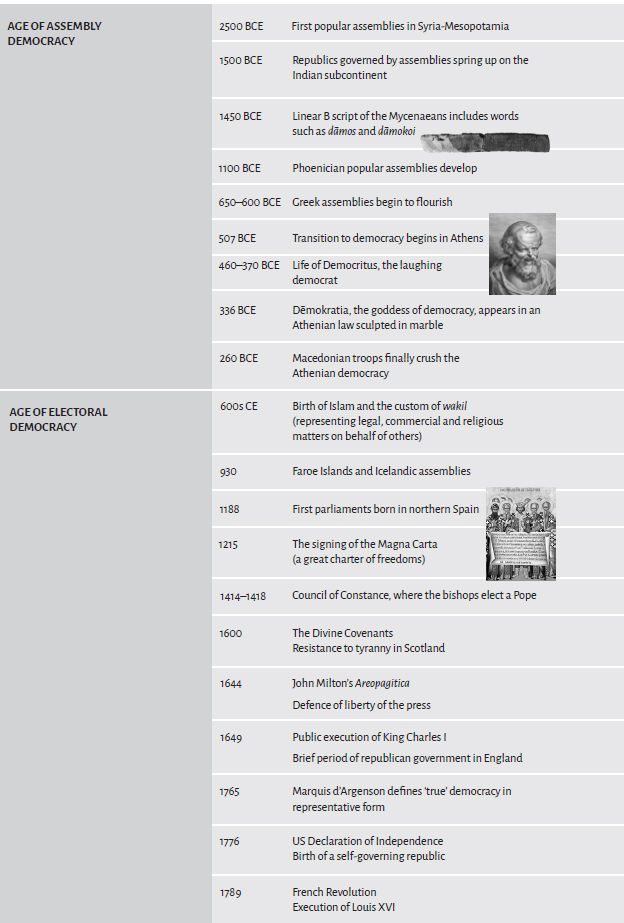
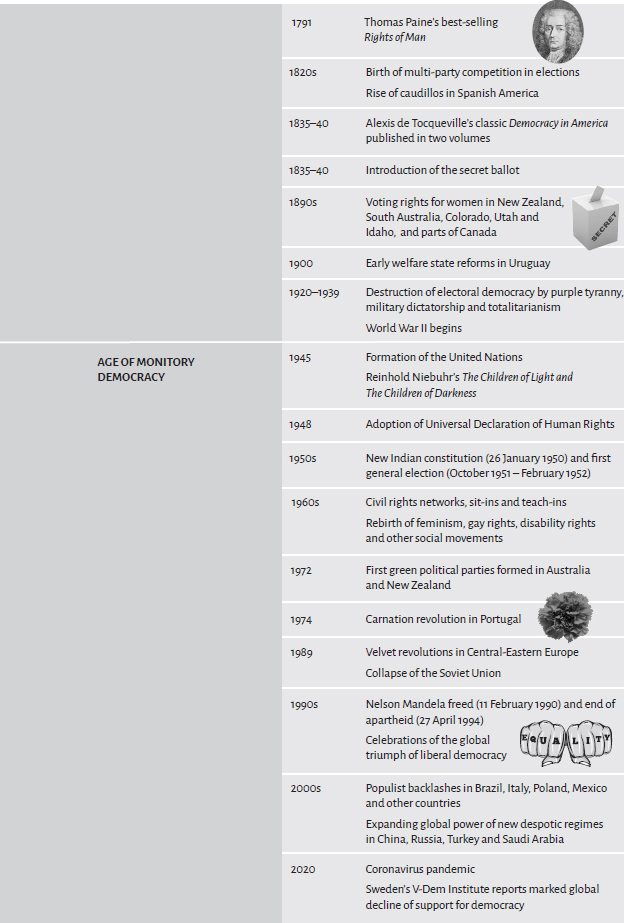
MILLIONS OF CITIZENS AROUND THE WORLD are today asking questions of grave importance: whats happening to democracy, a way of governing and living that until recently was said to have enjoyed a global victory? Why is it everywhere reckoned to be in retreat, or facing extinction? Theyre surely right to wonder.
Three decades ago, democracy seemed blessed. People power mattered. Public resistance to arbitrary rule changed the world. Military dictatorships collapsed. Apartheid was toppled. There were velvet revolutions, followed by tulip, rose and orange revolutions. Political rats were arrested or put on trial, suffered death in custody or were shot on the spot.
Now things are different. In Belarus, Bolivia, Myanmar, Hong Kong and other places, citizens are the victims of arrest, imprisonment, beating and execution. Elsewhere, democrats generally seem to be on the back foot, gripped by feelings that our times are weirdly unhinged, and troubled by worries that big-league democracies such as India, the United States, Britain, South Africa and Brazil are sliding towards a precipice, dragged down by worsening social inequality, citizen disaffection and the rot of unresponsive governing institutions. Fears are growing that democracy is being sabotaged by angry popular support for demagogues, or by surveillance capitalism, pestilence, the rise of China, and Putin-style despots who speak the language of democracy but dont care a fig for its substance. At the same time, complacency and scepticism are on the rise: there are those who say talk of the sickness and coming death of democracy is mostly melodrama overheated description of what is only a passing period of political reckoning and structural readjustment.
Next pageFont size:
Interval:
Bookmark:
Similar books «The Shortest History of Democracy»
Look at similar books to The Shortest History of Democracy. We have selected literature similar in name and meaning in the hope of providing readers with more options to find new, interesting, not yet read works.
Discussion, reviews of the book The Shortest History of Democracy and just readers' own opinions. Leave your comments, write what you think about the work, its meaning or the main characters. Specify what exactly you liked and what you didn't like, and why you think so.

